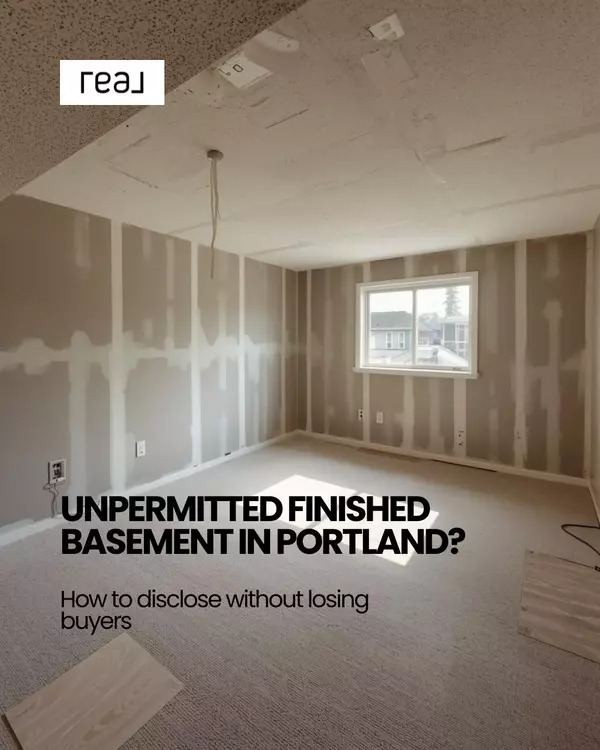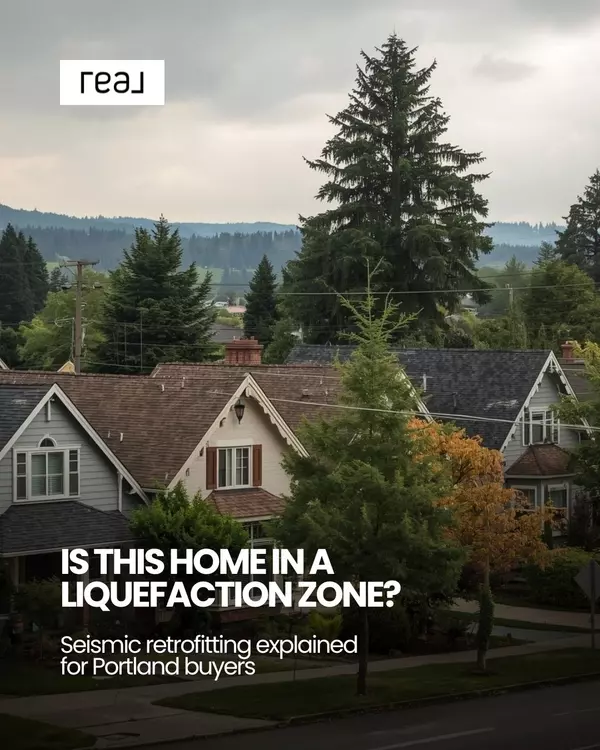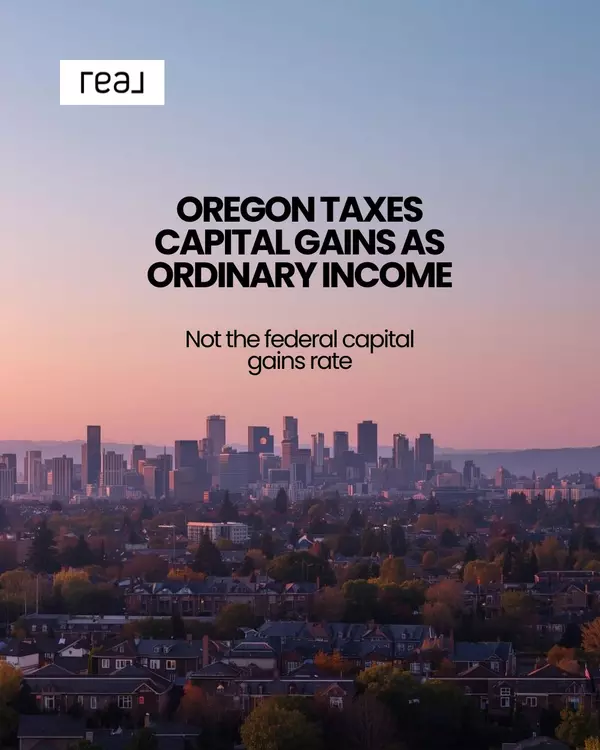Homelessness and Property Impacts in Portland, Oregon
Homelessness is a growing concern in Portland , and its impact on the real estate market is multifaceted. For buyers and sellers, the presence of homelessness can significantly influence decision-making processes. Buyers may be hesitant to invest in properties located in neighborhoods with visible homelessness issues due to perceived safety concerns and potential declines in property values. Sellers, on the other hand, might find it challenging to attract buyers or may need to lower their asking prices to make their properties more appealing.
Real estate news often highlights these challenges, noting that properties in areas with high homelessness rates tend to experience slower appreciation and can be harder to sell. This can create a cycle where decreased property values lead to less investment in community resources, further exacerbating the homelessness issue.
Contrasting this with suburban growth paints a different picture. In places like Vancouver, Beaverton, Tigard are experiencing rapid development and increased demand. These area typically offer safer environments, better schools, and more amenities, making them attractive to families and individuals seeking stability and quality of life. As a result, suburban property values tend to rise steadily, providing a more secure investment for buyers and potentially higher returns for sellers.
The contrast between urban areas struggling with homelessness and burgeoning suburban neighborhoods underscores the complexity of real estate markets. While urban centers grapple with social issues that impact property values and desirability, suburban areas benefit from growth and development that drive up demand and prices.
Categories
Recent Posts











"My job is to find and attract mastery-based agents to the office, protect the culture, and make sure everyone is happy! "